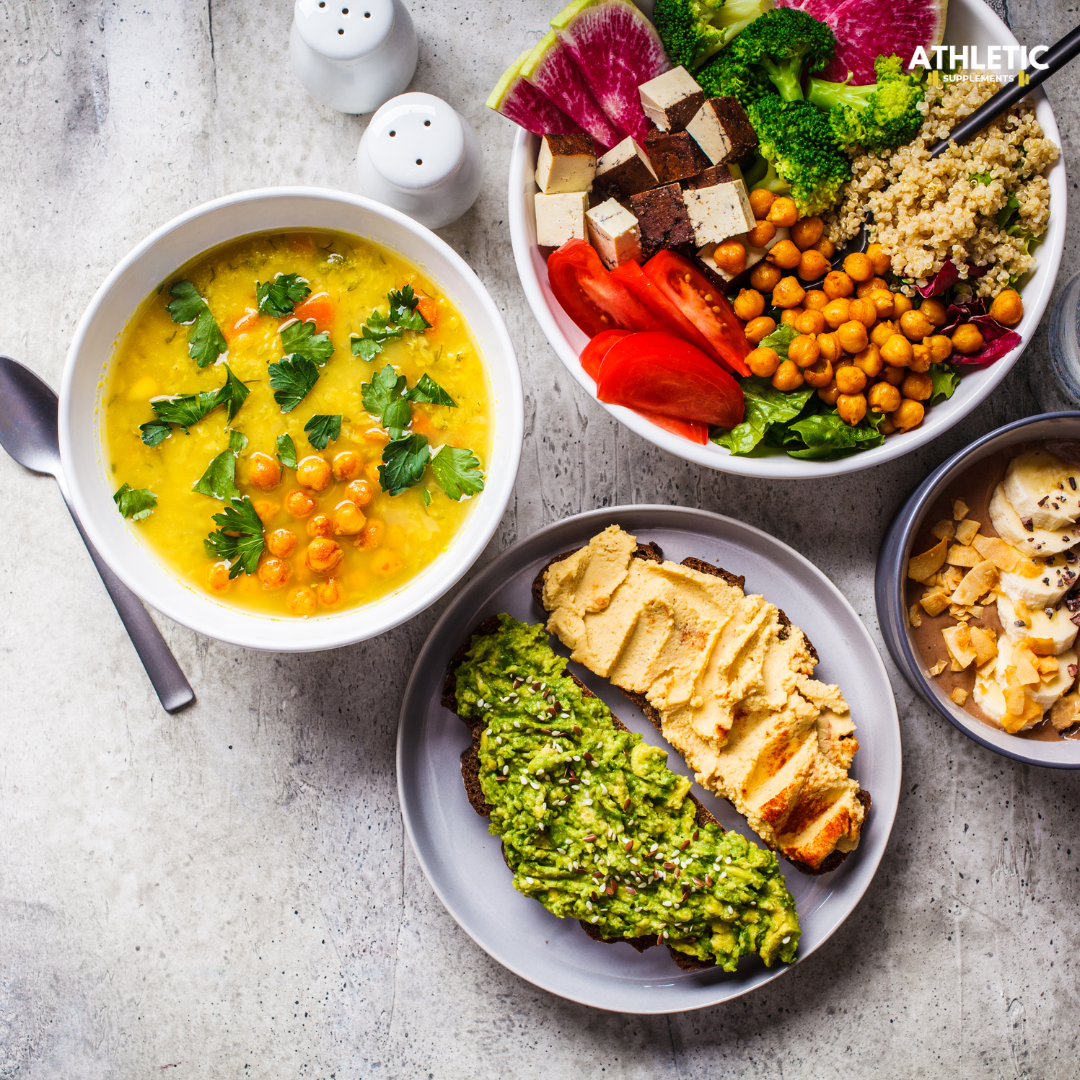Choosing a vegan diet is a significant lifestyle choice that includes both individual preferences and health considerations. This diet offers a variety of benefits, but also requires thorough planning to overcome potential challenges.
Health benefits of a vegan diet
Heart health and blood pressure regulation
A plant-based diet rich in fruits, vegetables, whole grains, legumes and nuts provides an abundance of fiber, antioxidants and healthy fats. These can help lower cholesterol and reduce the risk of heart disease. Studies suggest that vegans generally have lower blood pressure levels.
Weight control and metabolic health
Vegan diets are often lower in calories and fat, which can have a positive effect on weight management. Focusing on high-fiber foods contributes to satiety and supports a healthy metabolism, which can help reduce the risk of obesity and type 2 diabetes. Another advantage will be reflected in your skin complexion. If you switch to a vegan diet, you will be less likely to suffer from pimples and blemishes.
Cancer prevention and immune system strengthening
Getting phytonutrients and antioxidants from plant foods can reduce the risk of cancer, according to some studies. The high content of vitamins, minerals and secondary plant substances also supports the strengthening of the immune system.
Environmental impacts and ethical reasons
Veganism is often practiced for ethical reasons, not to harm animals. In addition, a plant-based diet helps to conserve resources such as land and water and reduce the carbon footprint.
Challenges and potential risks
Nutrient deficiencies and supplementation
Certain nutrients, such as vitamin B12, are mainly found in animal products. Vegans may need to resort to supplements or fortified foods to meet their needs. Deficiencies in iron, calcium, omega-3 fatty acids and zinc can also occur and require targeted food choices or supplements.
Protein intake and amino acids
Protein intake and absorption of all essential amino acids can be challenging for vegans. Combining different plant-based protein sources is crucial to ensure adequate intake and optimal protein quality. Optionally, you can supplement with vegan protein shakes and essential amino acids to cover your needs.
Digestive problems and dietary diversity
The increased fiber content in a vegan diet can lead to initial digestive problems. Gradual adjustment and a variety of plant-based foods can help minimize these problems. If you change your diet, do it step by step to slowly get your body and organism used to the new diet.
Conclusion
A well-planned vegan diet can provide numerous health benefits, including healthy heart function, weight control and improved immunity. However, careful planning and possibly consultation with a nutritionist is necessary to avoid possible nutritional deficiencies. Ultimately, a balanced vegan diet rich in a variety of plant-based foods can be part of a healthy lifestyle that takes individual needs and health goals into account.

